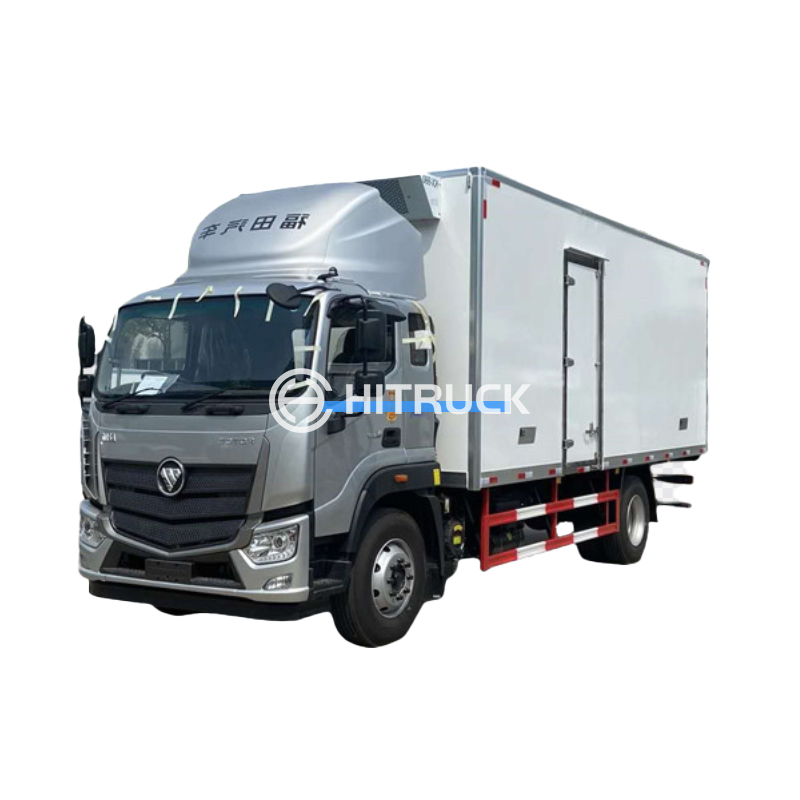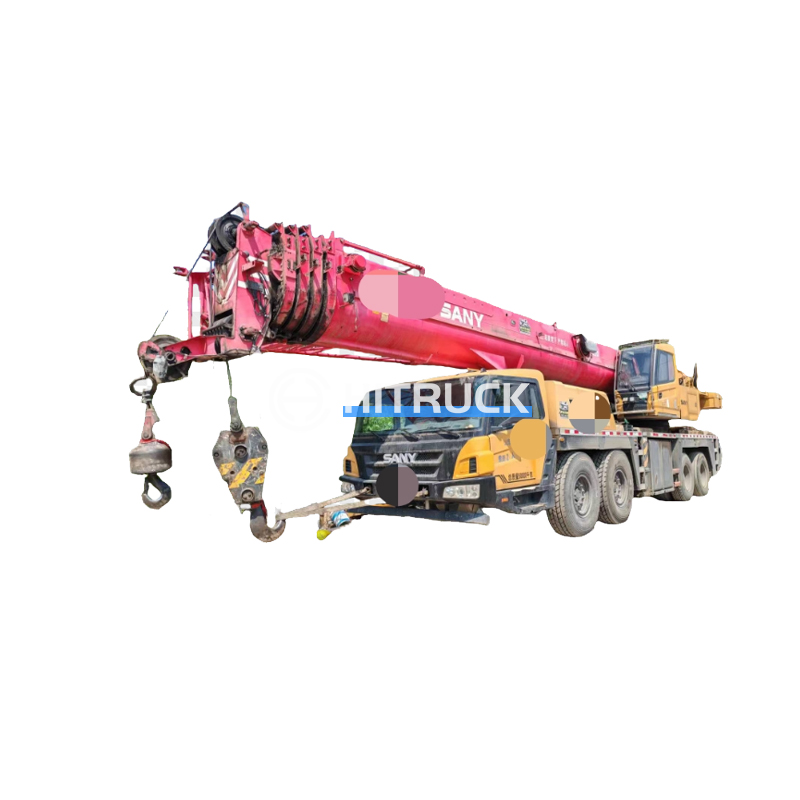Water Trucks: A Comprehensive Guide for Choosing and Using the Right OneChoosing the right water truck is crucial for various applications, from construction sites to agricultural operations and municipal services. This guide provides a comprehensive overview, helping you understand different types, capacities, features, and factors to consider before purchasing or renting a water truck.
Types of Water Trucks
Standard Water Trucks
Standard
water trucks are versatile vehicles designed for general-purpose water hauling. They come in various sizes and capacities, suitable for a wide range of tasks. Their primary function is transporting water efficiently from one location to another. Key features often include a robust tank, powerful pump, and hose reel. The choice between a smaller, more maneuverable truck or a larger, higher-capacity one depends heavily on the intended application. Consider factors like accessibility to job sites and the volume of water needed per day.
Specialized Water Trucks
Beyond the standard models, specialized
water trucks cater to specific needs. For instance, dust suppression trucks are equipped with specialized nozzles for efficient dust control on construction sites or unpaved roads. These often incorporate high-pressure pumps and booms for wider coverage. Another example is vacuum
water trucks which can both transport and remove liquids and solids, making them useful for cleanup operations.
Features to Consider
The selection of a
water truck heavily depends on individual needs. Key features to look for include: Tank Capacity: Measured in gallons or liters, this dictates the amount of water the truck can carry per trip. Larger tanks mean fewer trips but reduced maneuverability. Pump Capacity: This is crucial for the speed and efficiency of water delivery. A higher capacity pump is essential for applications requiring high-volume water distribution. Pump Type: Different pump types (e.g., centrifugal, positive displacement) offer various advantages in terms of pressure, flow rate, and suitability for different liquids. Nozzle Types: The type and number of nozzles influence the spray pattern and reach, crucial for tasks like dust suppression or irrigation. Hose Length and Reel: A longer hose and a reliable reel are essential for efficient water delivery over larger distances.
Choosing the Right Water Truck for Your Needs
The ideal
water truck depends on several factors: Application: Dust suppression requires different features than irrigation or general-purpose water hauling. Water Volume: Estimate the daily or weekly water volume required to determine the appropriate tank capacity. Accessibility: Consider the terrain and access to job sites when choosing the truck's size and maneuverability. Budget:
Water trucks range significantly in price, impacting the decision between buying or renting.
Maintenance and Operation of a Water Truck
Regular maintenance is critical for extending the lifespan of your
water truck and ensuring its safe operation. This includes regular inspections, cleaning of the tank and pump, and timely servicing of mechanical components. It's also crucial to adhere to all safety regulations when operating a
water truck, including proper training for operators.
Where to Find Water Trucks
Several options exist for acquiring a
water truck: you can purchase a new or used
water truck from dealerships like
Suizhou Haicang Automobile sales Co., LTD or rent one from equipment rental companies. Thorough research is essential to compare prices, features, and terms before making a decision. Online resources and industry directories can help you locate reputable suppliers.
| Feature | Standard Water Truck | Specialized Water Truck (Dust Suppression) |
| Tank Capacity | Variable, typically 500-5000 gallons | Variable, often larger for extended operation |
| Pump Type | Centrifugal or Positive Displacement | High-pressure centrifugal pump |
| Nozzles | Standard spray nozzles | Specialized high-pressure nozzles, often with booms |
Remember, selecting the right
water truck depends entirely on your specific needs. Careful consideration of the factors outlined above will ensure you make an informed decision, leading to efficient and effective water management.












